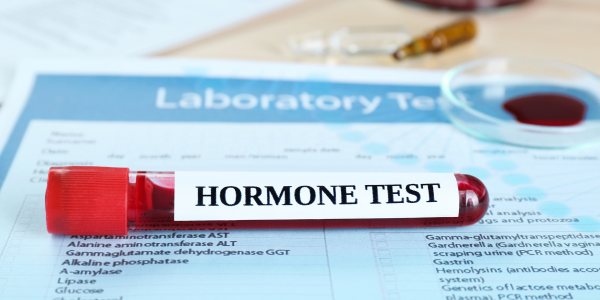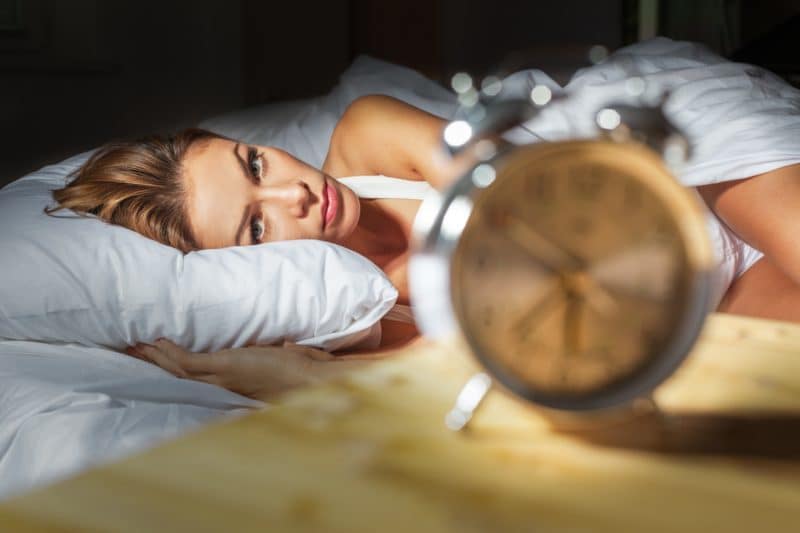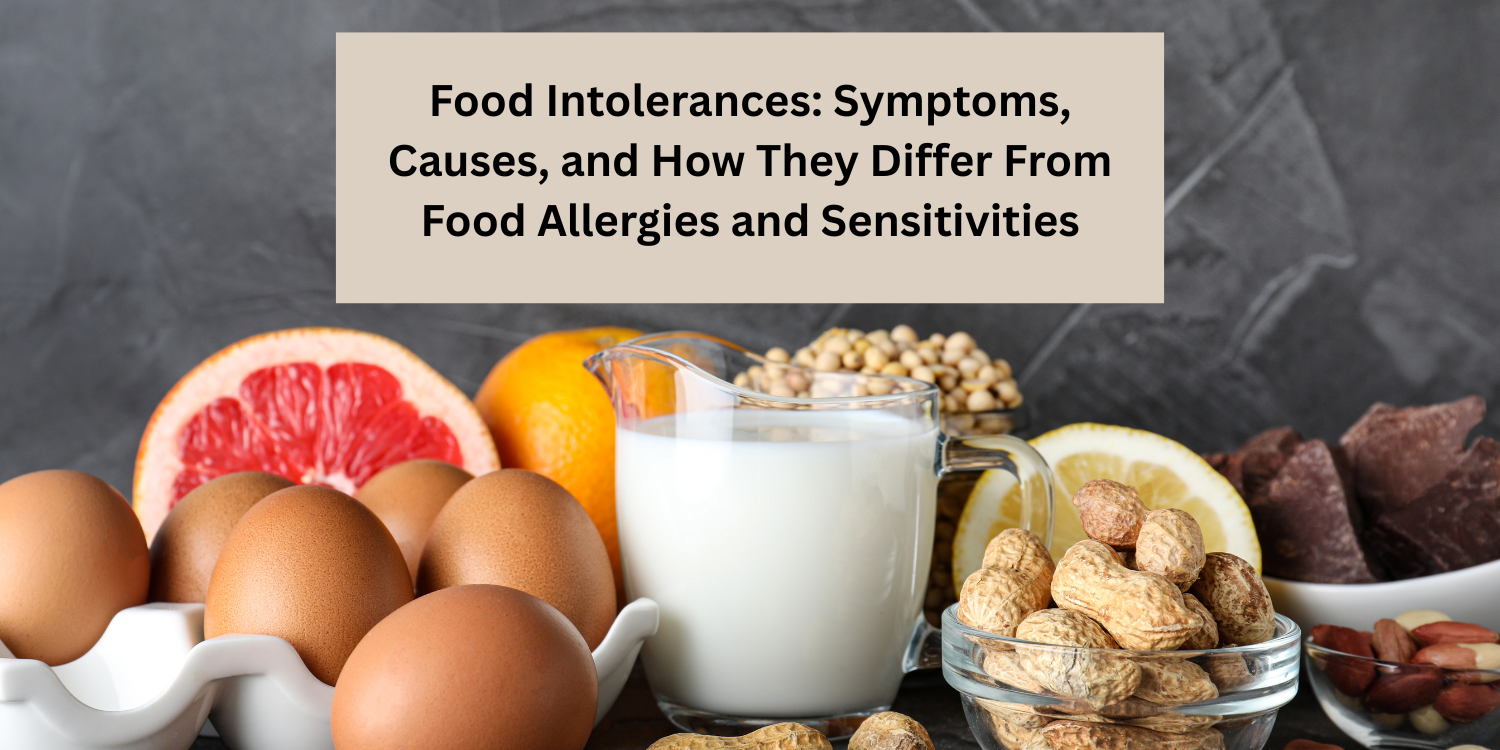

You know that “second wind” you get if you push past the first wave of sleepiness right around bedtime? That’s your hormones cycling through your circadian rhythm.
First, the sleepiness you feel is melatonin, your body’s natural sleep hormone, trying to tell you it’s time for bed.
But if you ignore this initial sleepiness wave, you’ll receive a surge of cortisol, which is your wakefulness hormone.
This occurs because our bodies cycle through hormones throughout the day to tell us when we’re tired, when we’re hungry, and when it’s time to go to bed.
As a society, we sleep less than ever before. Strangely enough, it’s even considered an admiral quality if you can crank through a day’s work and need minimal sleep or recovery.
But this is a stigma that needs to change because we are seeing a collective negative impact on our health caused by this accepted sleep deprivation.
Studies in the past 10 years suggest this general lack of sleep may be contributing heavily to the obesity epidemic. This is because poor sleep habits significantly impact hormone function and metabolism.
Your hormones run on your circadian rhythm – fluctuating throughout the day – depending on inputs from your routine such as when and what you eat, when and how much you sleep, and even what type of exercise you do.
Hormones seep into every aspect of your health, meaning when they are out of balance you run the risk of throwing off other bodily functions.
So, if you’re struggling to maintain good health even though you’re eating all the right things and exercising regularly, you should take a long hard look at your sleep habits.
When you aren’t getting enough good quality sleep, you are wreaking havoc on your hormones and could be undermining your hard work in other areas.
Tuning Your Body’s Natural Clock
When you think of your body’s circadian rhythm, you probably think of your sleep and wake cycles, but it is so much more than that.
Your circadian rhythm is made up of over 20,000 neurons contained in your suprachiasmatic nucleus (also called your SCN), which is found in the hypothalamus of your brain.
These neurons are what determine when certain hormones are released and when. This process is running 24/7. It’s no surprise that these neurons are sensitive to light and located just above the optic nerves of the eyes.
The SCN is a major catalyst of much of the rhythmic activity in your body. This includes making sure your body repairs tissues while you sleep and triggering the feeling of hunger when you need energy.
When you disrupt your cycles by not getting enough high quality sleep you run the risk of throwing your whole body off balance. If you continue to get poor sleep for an extended period of time, you can make yourself very sick.
Conditions Associated with Poor Sleep
How sleep impacts your hormones and vice versa is a symbiotic relationship.
It makes sense that sleep disorders can cause hormone imbalance and worsen conditions such as menopause.
There can be a cascade of symptoms and diseases related to poor sleep quality and hormone regulation, including:
- Obesity and/or weight loss resistance
- Low testosterone, progesterone and estrogen
- Cortisol imbalance
- Depression
- Bipolar disorder
- Seasonal affective disorder
Your body needs adequate good quality sleep to regenerate and repair all the way down to the cellular level. And to get quality sleep, your body needs your hormones to be balanced. Sleep and hormones go hand-in-hand in keeping you healthy, happy, and feeling well.
3 Tips For Tuning Your Body’s Natural Clock
Quality sleep and balanced hormones work together to improve your health and overall quality of life.
Want to feel rested, lose weight easily, have better focus, and reduced irritability and sadness?
Here are 3 steps you can take to work on your hormone balance and improve quality of sleep.
1. Support your natural melatonin cycle
You’ve probably heard of melatonin, it’s the hormone that makes you sleepy, and helps you fall and stay asleep.
Normal melatonin levels are cued by darkness and light, so anything that messes with normal light levels has the potential to throw off your melatonin. In particular, artificial light from electronic devices makes it harder for you to fall asleep and stay asleep.
Try to make a bedtime routine by incorporating the following:
- Turn the lights in your house down about an hour or more before bed.
- Don’t eat two hours before bed because this can cause insulin spikes and affect melatonin levels.
- Avoid caffeine later in the afternoon and evening.
- Stop using electronics two hours before bed. If you must be on electronics, download blue light filters, such as f.lux or use blue light blocking glasses.
- Make your bedroom as dark as possible with a comfortable temperature.
2. Keep your cortisol in check
Cortisol is often called your “stress” hormone and sometimes gets a bad rap. But everyone needs their cortisol levels to naturally fluctuate during the day.
After all, it’s cortisol that wakes you up in the morning!
But too much cortisol can cause anxiety and high stress levels. Cortisol can tell your brain something’s not right and keep it from falling asleep.
To support natural cortisol levels, try the following:
- Add relaxation techniques to your bedtime routine. Try meditation, deep breathing, diffusing essential oils such as lavender, taking a bath, or drinking herbal tea.
- Don’t exercise close to bedtime (within 2 hours). Working out during the day is best for your cortisol levels.
3. Harness progesterone
Progesterone is better known for its role in pregnancy but it’s also an important hormone for cognitive health and sleep quality.
To promote better sleep, encourage natural progesterone production with these tips:
- Incorporate hormone balancing foods such as omega-3s found in cold water fatty fish.
- Avoid hormone disrupting foods such as highly processed foods, sugar, alcohol and caffeine.
- Increase vitamin C intake. Studies have shown that vitamin C can naturally boost progesterone levels.
Most Importantly – Stick to a Schedule
One of the best things you can do for your sleep and hormone cycles is create a schedule and stick to it. This includes when you go to sleep and when you wake up, but also try to eat and exercise around the same times each day.
Try following a careful schedule for a couple of weeks and see how your sleep improves. You might also find secondary improvements from having a more regular sleep and hormone cycle such as improved mood, better complexion, and weight loss.
If you know someone who would benefit from getting more sleep, share this article with them so they’ll learn just how important sleep is to their overall wellbeing.
Resources:
https://www.ncbi.nlm.nih.gov/pmc/articles/PMC3065172/
https://www.ncbi.nlm.nih.gov/pmc/articles/PMC535701/
https://www.ncbi.nlm.nih.gov/pmc/articles/PMC1402333/
https://www.ncbi.nlm.nih.gov/pubmed/10548871
https://www.ncbi.nlm.nih.gov/pmc/articles/PMC4621258/
http://www.webmd.com/sleep-disorders/features/women-hormones-sleep-problems
https://www.nigms.nih.gov/education/pages/Factsheet_CircadianRhythms.aspx
https://www.scientificamerican.com/article/q-a-why-is-blue-light-before-bedtime-bad-for-sleep/
https://justgetflux.com/
https://www.ncbi.nlm.nih.gov/pubmed/17168724
http://www.fertstert.org/article/S0015-0282(03)00657-5/fulltext
Share:
Social Media
Most Popular Posts
Subscribe To Our Newsletter
Related Posts

Understanding the Essential Labs for Women on Hormone Replacement Therapy (HRT)
So what are the minimum labs we’re looking at when we do hormone replacement therapy? We obviously want to look at an estrogen level, so

How to figure out the right amount of HRT in women
What about checking lab values when you’re on hormone replacement therapy? I do find it to be helpful, but we also want to consider symptoms.

Did you know there’s a difference between food allergies, sensitivities, and intolerances?
Did you know that there’s a difference between food allergies, food sensitivities and food intolerances? Food allergies, the reactions tend to happen pretty immediately and

Food Intolerances: Symptoms, Causes, and How They Differ From Food Allergies and Sensitivities
Eating a wide variety of whole foods is a key way to ensure a nutrient-rich diet full of vitamins and minerals. But what happens when
